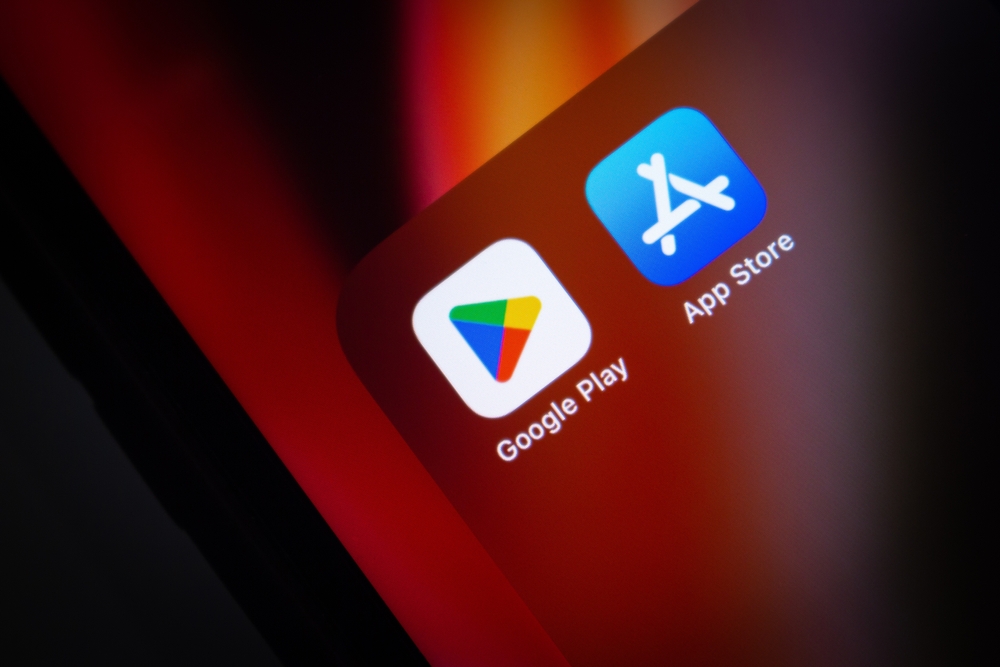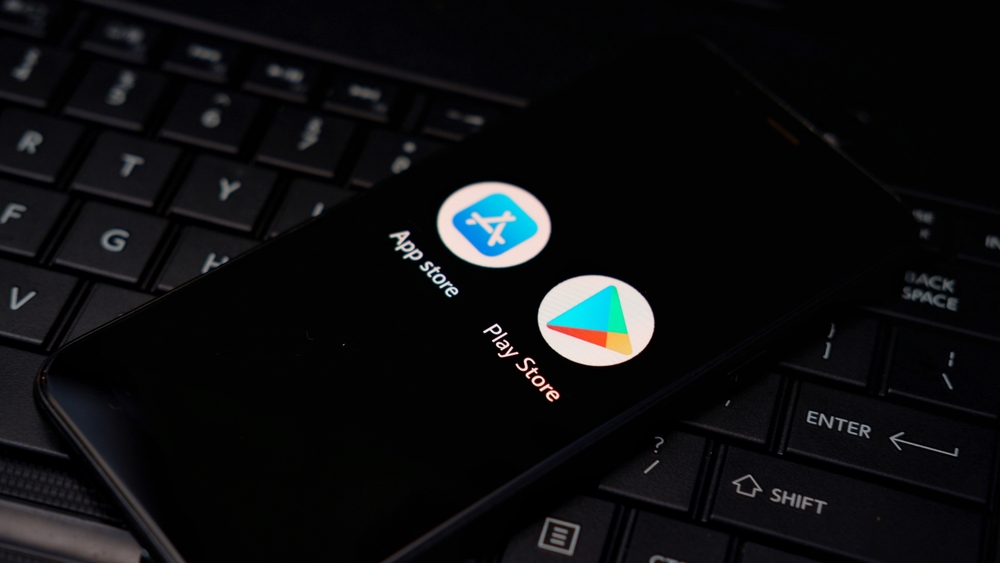
Mastering Mobile App Promotion: Essential Tips & Tricks for Successful Marketing

Mobile apps have become an integral part of our lives. From gaming to productivity tools, there seems to be an app for every need. However, with millions of apps available in popular app stores, it can be challenging for app developers to stand out from the crowd and get their apps noticed. This is where effective mobile Google Play or App Store app promotion comes into play.
Creating a Unique Selling Proposition
Before diving into app promotion strategies, it's crucial to define a unique selling proposition for your mobile iOS or Android app . What sets your app apart from competitors? What problem does it solve for users? Identifying these unique features will shape your entire marketing campaign.
To develop a compelling unique selling proposition, consider the following questions:
- What are the key features and functionality of your app?
- How does your app provide value to users?
- What pain points does it address?
- What makes your app different from similar apps in the market?
By clearly defining your unique selling proposition, you can create targeted and effective marketing strategies that resonate with your target audience.
Optimize for App Stores
App store optimization (ASO) is crucial for maximizing visibility and driving organic downloads. Start by optimizing your app's metadata, including the app name, keywords, and description. Research relevant keywords that your target audience is likely to use when searching for apps like yours. Incorporate these keywords organically throughout your app's metadata to improve its search rankings.
In addition to metadata, app screenshots and videos play a vital role in converting potential users. Showcasing the app's features and benefits through visually appealing screenshots and videos can significantly influence users' decision to download.
Leverage Social Media
Social media platforms offer a powerful avenue for mobile App Store or Google Play app promotion. Identify the platforms where your target audience is most active and create engaging content to capture their attention. Utilize platforms like Facebook, Instagram, and Twitter to share updates, user testimonials, and compelling visuals highlighting your app's unique features.
Consider collaborating with social media influencers who have a significant following in your app's niche. Influencers can promote your app through reviews, sponsored posts, or giveaways, effectively increasing your app's visibility to a highly engaged audience.
Run Paid Advertising Campaigns
Paid advertising campaigns can give your mobile Android or iOS app an initial push and reach a wider audience. Platforms like Google Ads and Facebook Ads provide targeted advertising options to reach specific demographics, based on factors like age, location, and interests.
When creating your advertisements, focus on the unique selling proposition of your app and highlight the key benefits users can derive from it. A visually appealing creative, coupled with persuasive ad copy, can significantly increase click-through rates and conversions.
Remember to track and analyze the performance of your paid campaigns regularly. This data will help refine the targeting and messaging of your ads to improve their effectiveness.
Encourage User Reviews and Referrals
User reviews play a crucial role in influencing app store rankings and conversions. Encourage your users to leave positive reviews and ratings to build social proof and improve your app's credibility. Consider implementing in-app prompts or offering incentives for leaving reviews, such as exclusive content or premium features.
In addition to reviews, referrals can be an effective way to increase app downloads. Create referral programs that incentivize users to invite their friends to download and use your app. Offering rewards like discount codes, additional features, or exclusive content can motivate users to spread the word and boost app installs.
FAQs
1. How long does it take for mobile app promotion efforts to show results?
The timeline for seeing results from mobile app promotion can vary. It depends on multiple factors like the app's quality, competition, marketing strategies, and target audience. While some campaigns may yield quick results, others may require persistence and ongoing efforts before significant traction is achieved.
2. Do I need a large marketing budget for mobile app promotion?
While having a budget can help accelerate your app's growth, it's not always necessary to have a large marketing budget. With creative and targeted strategies, you can make a significant impact even with limited resources. Utilize organic channels like social media and app store optimization, and gradually invest in paid advertising as you start generating revenue from your app.
3. How can I measure the effectiveness of my app promotion efforts?
Tracking and measuring the effectiveness of your app promotion efforts is crucial to optimize your marketing strategy. Utilize analytics tools like Google Analytics or in-app analytics to monitor key metrics such as app installs, user engagement, and conversion rates. These insights will help you identify what's working and what needs improvement.
4. Are there any legal considerations in app promotion?
When promoting your mobile app, it's essential to comply with relevant laws and regulations. Ensure that your app's advertising and marketing practices adhere to guidelines set by app stores and advertising platforms. Avoid false claims or misleading information and be transparent about your app's features and functionality to maintain trust with users.
5. Can pre-launch marketing help in promoting my mobile app?
Absolutely! Pre-launch marketing can create excitement and anticipation for your app. Utilize landing pages or teaser campaigns to collect emails and build a subscriber base. Keep your audience engaged by sending regular updates and sneak peeks leading up to the app's official launch. By building anticipation, you can generate buzz and drive initial downloads once your app is available.
Mastering mobile app promotion requires a comprehensive and strategic approach. By defining your unique selling proposition, optimizing your app for app stores, leveraging social media, running paid advertising campaigns, and encouraging user reviews and referrals, you can increase your app's visibility, engagement, and ultimately achieve successful marketing results.
Other useful resources
- https://www.appguru24.com/apps-directory/ios/